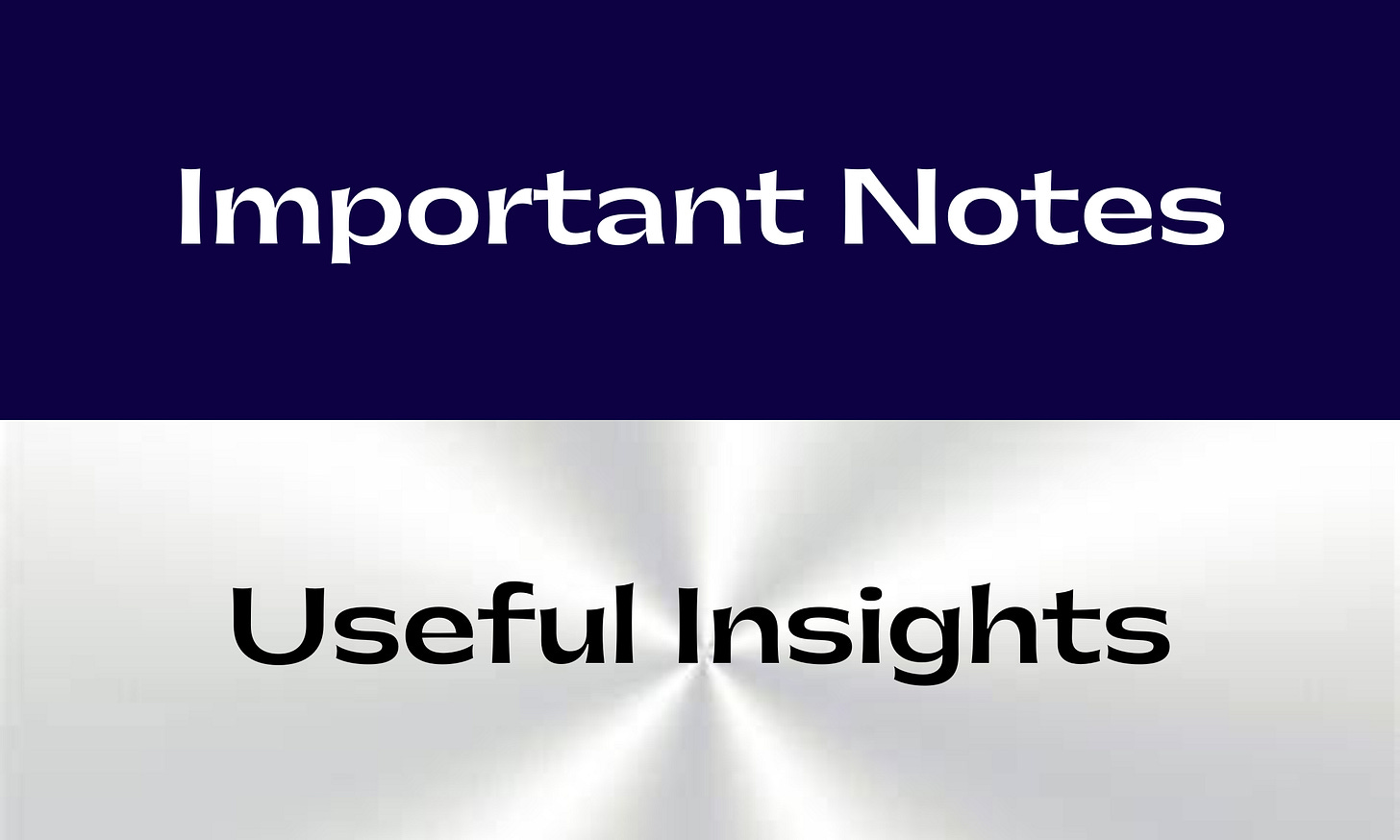'Trust Gap Continues to Grow'
Plus: Voluminous amounts of false claims create unwanted perceptions; Can a leader credibly claim ignorance of wrongdoing?
When signals are being missed, communication is substandard or missing and difficult differences are not being worked out to some level of mutual satisfaction, the result is going to be a trust deficiency. When empathy and more so, compassion, is considered a non-starter, problems — big ones — are going to develop and grow in magnitude.
This goes for almost any type of relationship: Personal, business, the workplace.
"... the trust gap continues to grow. Many leaders overestimate how much their employees (and customers) trust them,” writes Michael D. Brown, Senior Managing Partner at Global Recruiters of Buckhead, an executive recruiting and leadership consulting firm.
“PwC’s 2024 Trust Survey revealed that ‘90% of business executives think customers highly trust their companies while only 30% of consumers actually do,’” he adds.
That significant difference cannot be good for people understanding each other when so much is at stake.
“The gap narrows slightly for employees,” Brown writes. “86% of executives think their employees trust them, but only 67% of employees do."
Less of a difference yet that 19 percentage points is noticeable and significant. Normally organizations care deeply about much smaller percentages in important matters yet apparently not this one.
Leaders should not and cannot allow themselves to be ignorant about such studies, assume that trust gaps aren’t happening in their stakeholder relationships or be dismissive about the reality if presented with the unwelcomed news from their people.
That’s high risk, dangerous and potentially very painfully costly, just as it is in personal relationships. It’s far smarter, protective and impressive to conduct deep research and realize that we too might not have the trust that we confidently, erroneously assume that we possess and that our trust gap is clearly too severe to be safe for any healthy relationship on which we depend.
That means we will have to learn what is standing in the way, what is missing, that is costing us a trust upgrade and stronger, better relationship. Remember too that the benefit of the doubt and loyalty only come with high levels of trust.
Amount of False Claims Can Create a ‘Where There’s Smoke, There’s Fire’ Belief
Did you know that studies have shown that a large amount of false claims communicated about you “can create the perception that there is some truth to them, even if (people) don’t believe every single one,” according to Emily Vraga, a professor at the University of Minnesota who studies political misinformation.
While she specializes in political misinformation I think most of us have learned this goes for anyone, professionally and personally, when people are spreading a slew of falsehoods about them, especially when they are particularly shameful accusations.
How Can a Leader Credibly Claim Ignorance and That He is Not Responsible?
Former Volkswagen Group CEO Martin Winterkorn is on trial on charges of fraud and market manipulation because of the company’s software that let millions of cars cheat on emissions tests.
Prosecutors claim that Winterkorn knew about the software long before the EPA discovered it yet once it was announced. The CEO resigned shortly thereafter.
What’s interesting is Winterkorn says that he didn’t know the wrongful acts were taking place until right before the EPA’s announcement.
Would you say that is plausible and if so, why or specifically how?
Should a CEO be claiming that they were not in the know about any matter in their organization in which they are paid multi-millions, often tens of millions, to be aware of, mitigate and correct?
The diesel scandal led to Volkswagen paying 31 billion euros ($34 billion)-plus in fines and legal settlements. Sales of its diesel cars significantly decreased in Europe.
Winterkorn is in a precarious spot, as the charges against him are: defrauding auto purchasers by selling the cars with illegal software, stock-market manipulation (not revealing required information to investors) and making false statements before a parliamentary commission of inquiry. He face up to 10 years in prison if convicted, reports David McHugh, an European economics writer for the Associated Press.
Winterkorn was paid to know. Let’s say, for conversation sake, he was truly unaware. If that is factual, he did not do what was necessary to make sure he was informed.
Michael Toebe is a specialist for trust, risk, relationship, communications and reputation at Reputation Intelligence - Reputation Quality. He serves individuals and organizations by helping them further build, protect, restore and reconstruct reputation.
Follow Reputation Intelligence on Twitter/ “X”
Follow Reputation Intelligence on the Medium platform for more stories/insights







